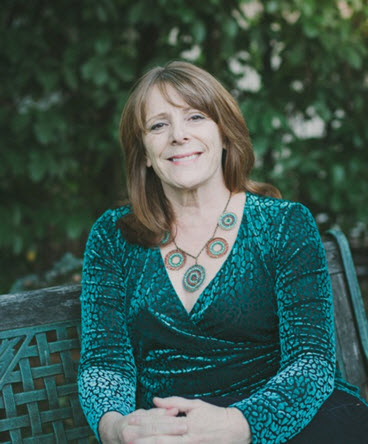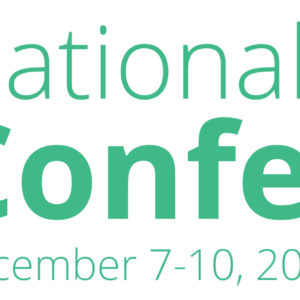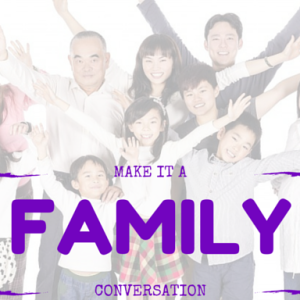There’s not much longer now until we see all of you in Atlantic City! To continue to get you excited about conference programming, here’s the next in a series of posts meant to prepare you for this year’s National Sex Ed Conference. This week, we spotlight Lin Jovanovic, Ph.D., a licensed psychologist who will be speaking about preparing parents to be their child’s sex educator on Friday, December 8, 11:45 a.m. – 12:45 p.m.
1. Give me a bit of background on yourself first. Can you give me a quick rundown of what keeps you busiest these days?
 I am a professor of Psychology at California State University Stanislaus, and in my 29th year. My Ph.D. is in Medical Psychology, which was taught as an interdisciplinary degree to integrate knowledge across disciplines. I also have a small private practice here in Grass Valley, CA, where I specialize in working with couples and providing sex therapy. I published a book this year, Project Parent: Preparing Yourself for Your Child’s Sex Education, which forms the basis of my workshop at NSEC. What keeps me the busiest right now is creating workshops for parents to get past the blocks they have about being their child’s sex educator.
I am a professor of Psychology at California State University Stanislaus, and in my 29th year. My Ph.D. is in Medical Psychology, which was taught as an interdisciplinary degree to integrate knowledge across disciplines. I also have a small private practice here in Grass Valley, CA, where I specialize in working with couples and providing sex therapy. I published a book this year, Project Parent: Preparing Yourself for Your Child’s Sex Education, which forms the basis of my workshop at NSEC. What keeps me the busiest right now is creating workshops for parents to get past the blocks they have about being their child’s sex educator.
2. What are your main areas of interest within the field of sexuality? What would you consider your special niches?
My early work was in basic human sexuality research (hormones and behavior). Over the years, I’ve shifted my focus (and I consider this my mission) to help parents and adults get quality sex education, and for them to teach their children so all of us can have happy and healthy sexual lives. I also am very involved in making sure that therapists get proper training in integrating sexuality into their clinical work.
3. What has most informed your trajectory within this field?
Being connected to other sex researchers, therapists, and educators has allowed me to grow and flourish in a field that wasn’t very respected. I’ve been a member of the International Academy of Sex Research for over 20 years, as well as SSTAR and AASECT. Our community is strong!
4. What obstacles have you faced over the years, and how did you overcome them?
There were so few sex researchers in the field when I first got involved in the early 1980s. No one wanted to hire a basic science sex researcher when I graduated in 1985. The university where I still work was small and the idea of a sex researcher was seen as sleazy by some. By being part of the professional sexology community, I have always been able to move forward and continue our important work. Currently, I am honored to be in a master mentoring group that has allowed me to make huge strides in creating ways to reach more adults to ensure they get the help they need in the area of sexuality. At this point, this is my life’s mission with the time I have left.
5. When did you realize there was a need for a presentation on this topic?
Working with students, parents, and clients over many years, it became very clear to me that information was not enough to support change. Upbringing, life experiences, and cultural and religious norms all contribute to who we are. If we don’t understand our past, our values, and how to overcome our blocks, then no amount of knowledge will help.



